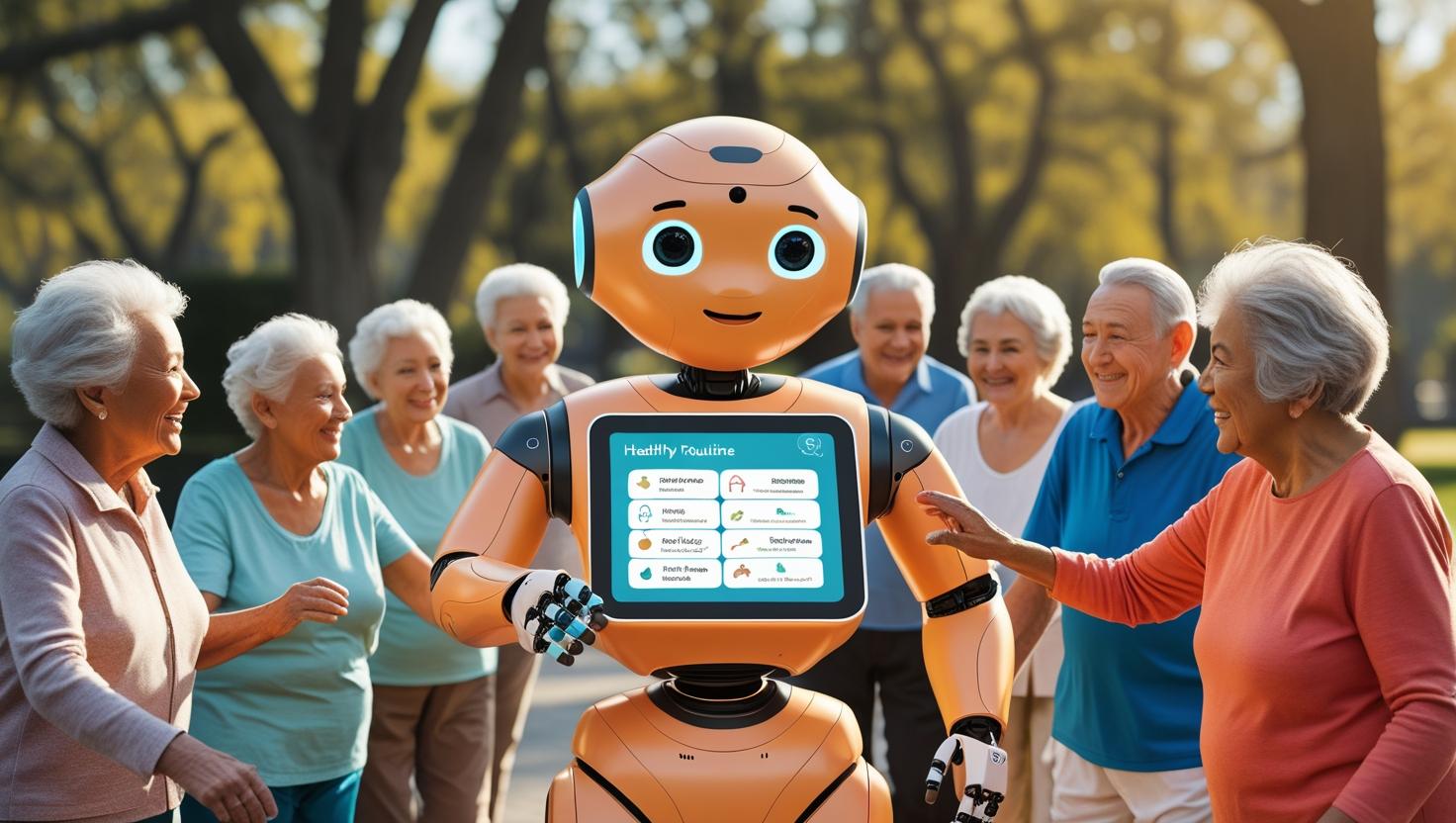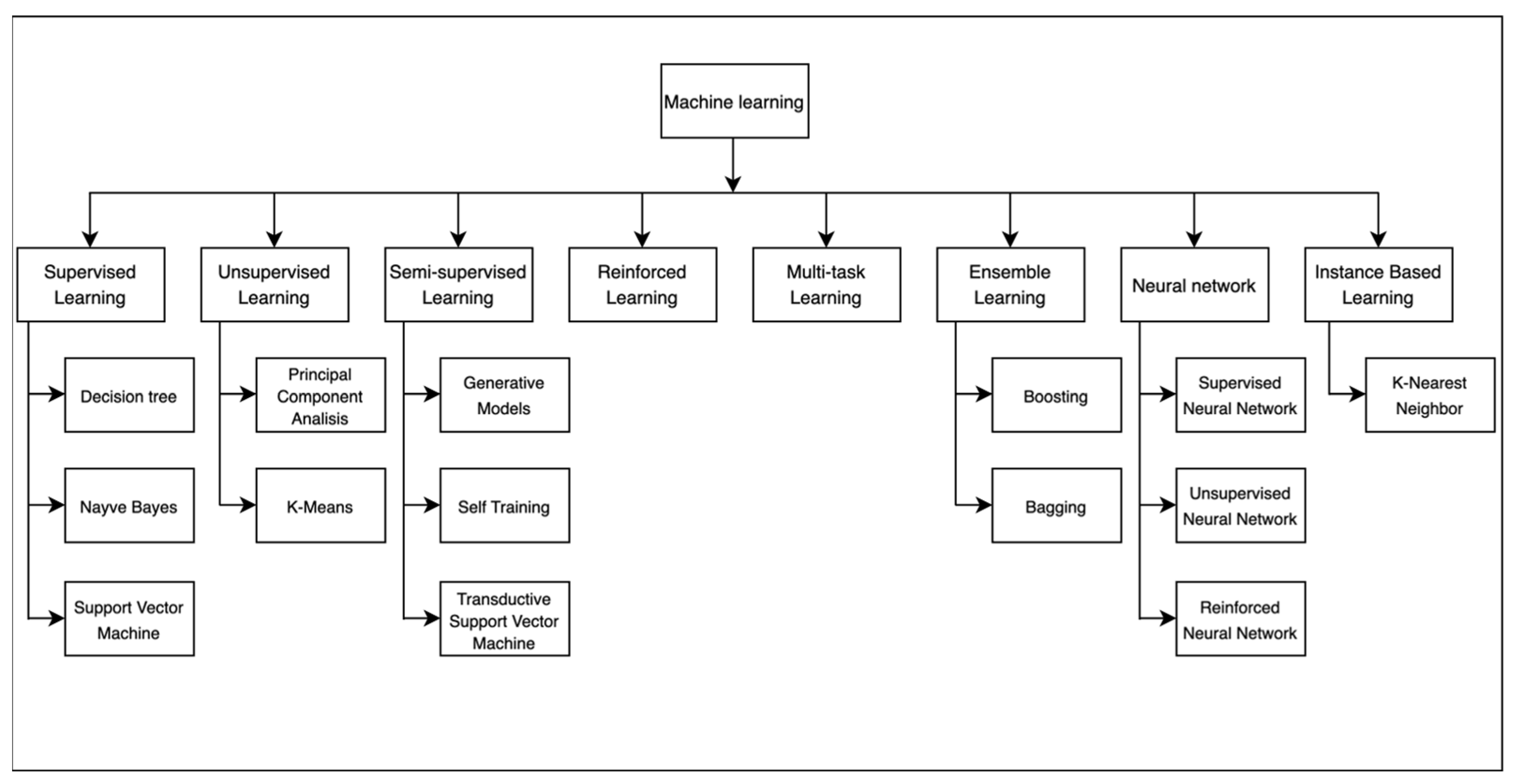
AI Promotes Healthy Habits and Active Aging
Artificial intelligence is rapidly transforming how we approach health and well-being. A new systematic review by Lopez-Barreiro et al. (2024) explores how AI-powered recommender systems are reshaping lifestyle habits and promoting active aging in a population living longer than ever before.
These intelligent systems leverage machine learning (ML) and deep learning to deliver personalized suggestions in areas such as diet, physical activity, sleep, and mental wellness. By analyzing user data—such as sociodemographic information, BMI, and activity preferences—these systems can cluster individuals and generate health-focused recommendations that suit their personal needs.
The study reviewed 34 peer-reviewed articles that span domains like diet, physical activity, and even gamified fitness apps. Techniques such as collaborative filtering (CF), content-based filtering, and hybrid models were commonly used. AI methods included decision trees, neural networks, and clustering algorithms. However, many of the systems still remain in experimental phases (Technology Readiness Levels 3–5), and few have undergone real-world testing.
Surprisingly, only four of the reviewed systems used gamification—elements like missions, rewards, or exergames—to keep users engaged. Yet gamification has proven to increase user motivation and long-term habit formation, highlighting a missed opportunity in current designs.
The review concludes that while AI-driven health recommendation systems are promising, there's a clear need for greater validation in real-life settings and improved personalization. Most systems rely on limited user data, leading to generalized rather than highly tailored advice. The integration of broader datasets (including sleep quality, stress levels, and chronic conditions) would improve precision and impact.
In essence, this research paves the way for future systems that could actively support healthier lifestyles from early life through old age. As life expectancy continues to grow, such AI-powered tools could become essential pillars in global public health strategies.

Adapted from: https://www.mdpi.com/2076-3417/14/22/10220